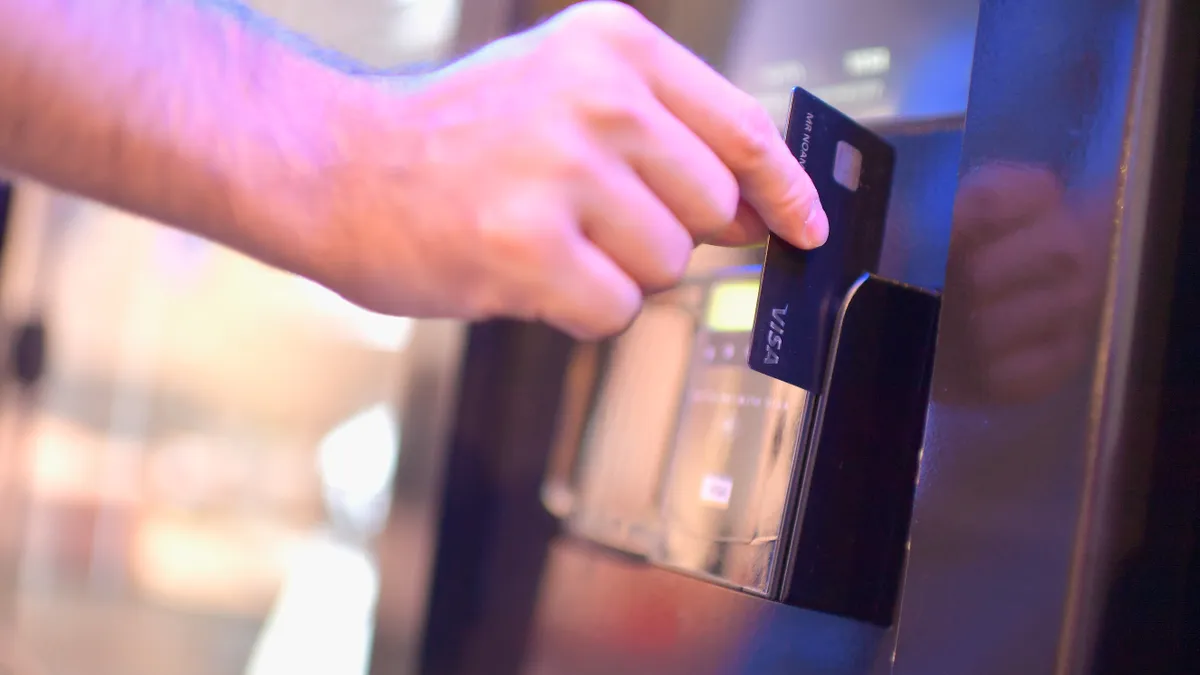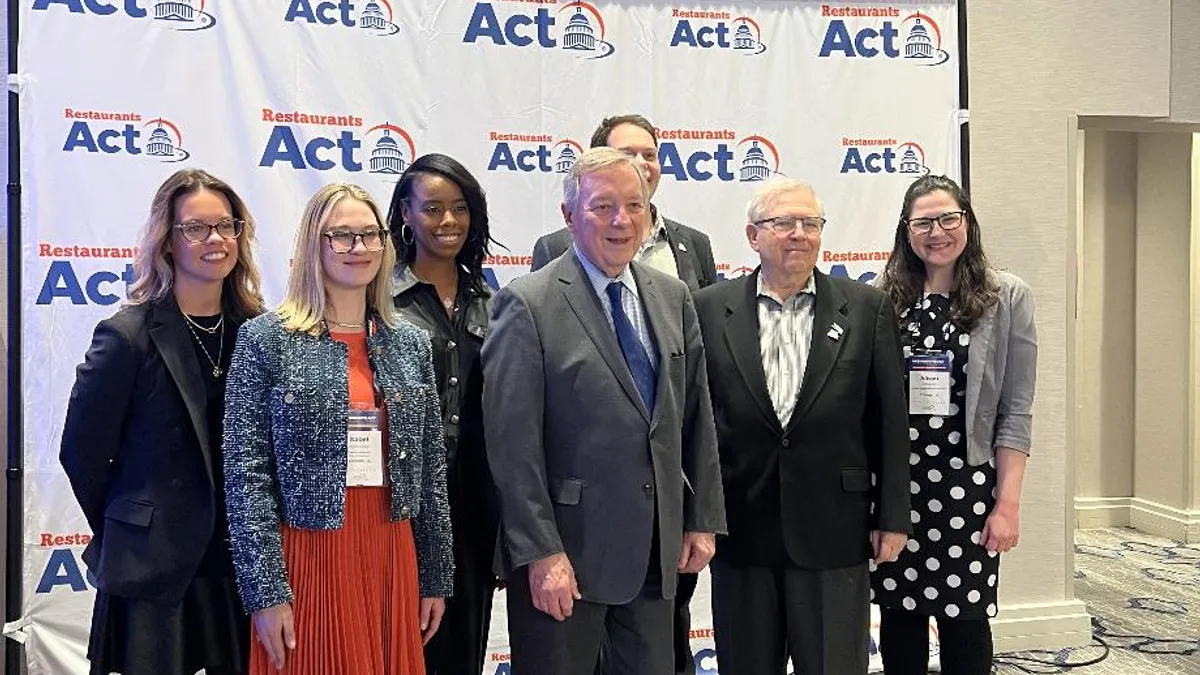The battle over the proposed Credit Card Competition Act may drag into next year, despite an initial goal of winning passage this year. Nonetheless, supporters and opponents remain locked in battle.
The bill, which aims to inject more competition into the industry by requiring that bank card issuers ensure at least one card network other than Visa or Mastercard is available to merchants processing payments, has bipartisan sponsors in the House and the Senate.
Still, efforts to attach it to some larger bill have been fruitless so far. It was sidelined this month as Congress members focused on passing a funding bill to avoid a shutdown of the federal government. That stopgap measure passed just before Congress recessed for the Thanksgiving Day holiday will tide U.S. funding over until next year, and negotiations over a longer-term funding solution are likely to take center stage now.
Meanwhile, Senate sponsors of the CCCA, namely Dick Durbin, a Democrat from Illinois, and Roger Marshall, a Republican from Kansas, have kept up their crusade to pass the CCCA bill, if not this year, at least in this congressional session, which wraps up at the end of 2024.
The bill is aimed at undercutting the dominant roles that San Francisco-based Visa, the largest U.S. credit card network, and No. 2 Purchase, New York-based Mastercard play in the market. That’s because retailers, restaurants and other merchants must pay fees, typically between about 2% and 2.5% per transaction, to bank card issuers, networks and processors every time a consumer swipes a credit card to pay for goods and services.
It’s one of the most contentious pieces of legislation circulating in Washington, with retailers and other merchants backing the bill, but banks, card networks and other payment processors opposing it.
Doug Kantor, general counsel for the trade group NACS, acknowledged the campaign to pass the CCCA is likely to be pushed into 2024 at this point. His association, which represents convenience stores and fueling stations impacted by card “swipe” fees, has been seeking to build support for the bill on Capitol Hill. There’s a good chance it will have to be next year now, given the fall this year was different from what anyone expected, Kantor said in an interview Wednesday.
Still, the opposition isn’t letting down its guard. Electronic Payments Coalition Executive Chairman Richard Hunt remains convinced that the Durbin-Marshall duo may try to get the bill passed this year. As evidence of their amped-up efforts, he pointed to their request last month to have the Consumer Financial Protection Bureau and the U.S. Transportation Department investigate “deceptive practices” of frequent flyer programs linked to credit cards.
“They will go to no ends to get this passed,” Hunt said in an interview Monday.
He said that the two senators have recently approached other senators about attaching the bill to a proposal to provide funding to Israel, but he declined to say who they approached. Hunt is also counting on less support in the House. “We think there’s zero appetite by the House leadership,” he said.
To build momentum for passage, Marshall held a press conference at a Casey’s General Store location in Topeka earlier this month to underscore his sponsorship of the bill and point to support from that national fuel and food retailer, according to a NACS press release.
And earlier this month, Durbin and Marshall lauded new support from two major unions, the International Brotherhood of Teamsters and the Service Employees International Union. They estimated it would save American merchants and consumers $15 billion annually by lowering the swipe fees and, ultimately, prices for goods and services.
“Our unions understand that American consumers are concerned about inflation and the high prices of everyday items like groceries and gas, and they understand family budgets are being stretched to the absolute limit with little room for error while the biggest Wall Street banks and the Visa-Mastercard duopoly line their pockets,” the senators said in the Nov. 14 release.
Teamsters General President Sean M. O’Brien chimed in. “Union members and American families cannot afford to sacrifice so much of their hard-earned wages to predatory and consolidated credit card corporations trying to skim every last dollar they can from vulnerable consumers,” he said in the release.
Nonetheless, other unions, specifically those associated with the airlines, which benefit from their reward programs tied to credit cards, have opposed the CCCA legislation.
Getting the bill passed in both chambers may be complicated next year by 2024 being an election year, when attention is diverted to campaigns. Regardless of timing, backers remain confident the bill will cross the finish line.
“Merchants remain very motivated to get the Credit Card Competition Act passed and will keep at it until they do,” Kantor said.
Spokespeople for Durbin and Marshall didn’t immediately respond to a request for comment.



















